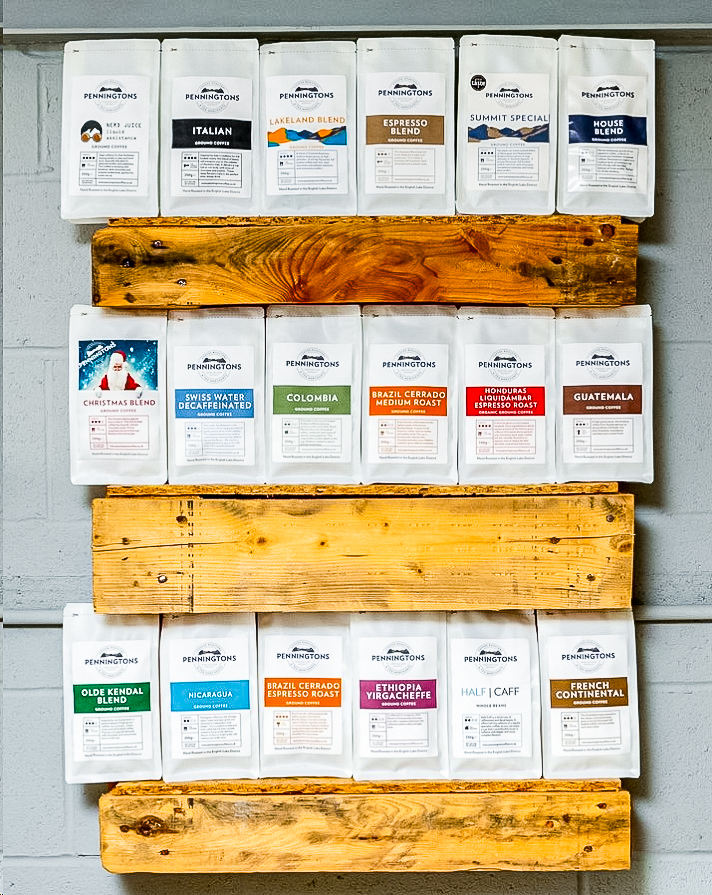
Spotlight on Green Teas
Spotlight on Green Tea: What Are They and Why Are They So Special? Green tea has been celebrated for centuries

Tea and coffee are two of the most popular beverages worldwide, cherished for their unique flavours, aromas, and stimulating effects. While both contain caffeine, they also have distinct compounds that impact the body in various ways. In this article, we’ll delve into how tea and coffee affect the human body, highlighting their benefits and potential drawbacks.
Both tea and coffee contain caffeine, a natural stimulant that affects the central nervous system. Caffeine is known for its ability to increase alertness, enhance concentration, and temporarily stave off fatigue. However, the caffeine content varies significantly between the two:
While caffeine can boost energy levels, excessive consumption can lead to restlessness, anxiety, and disrupted sleep patterns.
Coffee is rich in antioxidants and other compounds that offer several health benefits:
Tea, especially green tea, is known for its calming effects and numerous health benefits:
When deciding between tea and coffee, consider the following:
Both tea and coffee offer unique benefits and can be part of a healthy lifestyle when consumed in moderation. By understanding how these beverages affect the body, you can make informed choices that align with your health goals and preferences. Whether you savour a soothing cup of tea or a bold espresso, both beverages offer delightful experiences that can enhance your day.

Spotlight on Green Tea: What Are They and Why Are They So Special? Green tea has been celebrated for centuries

The Art of Gifting: Awaken Your Inner Grinch and Master the Holidays The holiday season is upon us—a time for

Sign up to be the first to know about our latest news, offers and products and get a code for 10% off your next purchase.
*Discount only Applies to Tea and Coffee orders. Offer Excludes subscriptions and sale items.